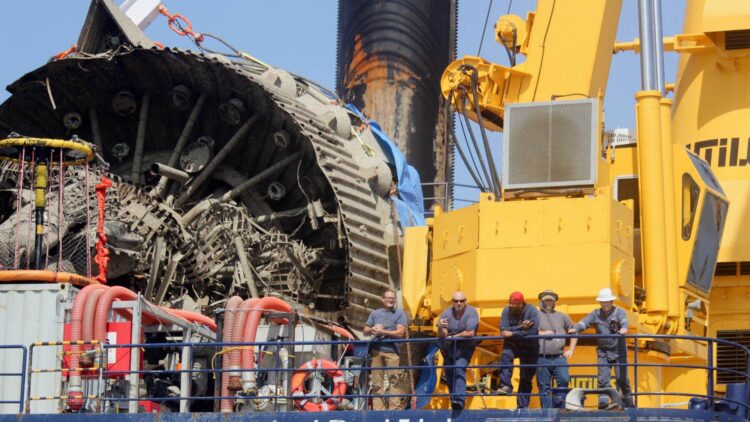Donald Trump signed an order that represents one of the boldest measures of his administration, especially regarding the space sector. This plan was adopted due to the growing global competition in the commercial launch market. With this move, we can expect innovation and a strategy to consolidate the United States’ leadership over private companies like SpaceX and Blue Origin.
Trump develops policies to improve the space sector
U.S. President Donald Trump signed an executive order on Wednesday to streamline federal regulation governing commercial rocket launches, a move that could benefit Elon Musk’s SpaceX and other private space ventures. Trump’s order, among other things, directs the U.S. transportation secretary to eliminate or expedite environmental reviews for launch licenses administered by the Federal Aviation Administration, the White House said in a statement.
The declaration also calls on the secretary to do away with “outdated, redundant, or overly restrictive rules for launch and reentry vehicles. Inefficient permitting processes discourage investment and innovation, limiting the ability of U.S. companies to lead in global space markets,” the executive order states.
While Musk and Trump had a high-profile falling out months ago, the billionaire entrepreneur’s SpaceX rocket and satellite venture potentially stands to be the single biggest immediate beneficiary of Trump’s order on Wednesday. SpaceX, though not mentioned by name in Trump’s order, easily leads all U.S. space industry entities, including NASA, in the sheer number of launches it routinely conducts for its own satellite network, the U.S. space agency, the Pentagon, and other enterprises.
Understand how Musk and Bezos will benefit
Jeff Bezos’ private rocket company, Blue Origin, and its space tourism business could also gain from a more relaxed regulatory regime. Musk has repeatedly complained that environmental impact studies, post-flight mishap investigations, and licensing reviews required by the FAA have needlessly slowed testing of SpaceX’s Starship rocket, under development at the company’s South Texas launch facility.
Starship is the centerpiece of Musk’s long-term SpaceX business model, as well as a core component of NASA’s ambitions for returning astronauts to the moon’s surface, establishing a permanent human lunar presence, and ultimately sending crewed missions to Mars. Musk has viewed FAA oversight as a hindrance to his company’s engineering culture, considered more risk-tolerant than many of the aerospace industry’s more established players. SpaceX’s flight-test strategy is known for pushing spacecraft prototypes to the point of failure, then fine-tuning improvements through frequent repetition.
Tensions between innovation and regulatory certainty
This change, proposed by Trump, ultimately highlights a dilemma: how to balance accelerating technological innovation with the need to protect the environment? While this loosening of rules gives companies more flexibility in their space programs, it increases the risk of incidents with broader consequences. This scenario is challenging, as it requires striking a balance between commercial interests, scientific advancements, and regulatory responsibility.
This has appeared to run afoul at times with the FAA’s mission of safeguarding the public and the environment as it exercises its regulatory jurisdiction over commercial spaceflight. Earlier this year, the FAA grounded Starship test flights for nearly two months after back-to-back post-launch explosions rained debris over Caribbean islands and forced dozens of airliners to change course. The FAA ended up expanding the aircraft hazard zone along Starship’s launch trajectories before licensing future flights.
Strategic impacts and global disputes
A new phase will begin in the space sector, with regulatory easing and the growth of private companies, and the consolidation of US leadership in long-range missions. However, expectations remain regarding how the balance between the new rules and safety, innovation, and responsibility will be managed. This project could shape not only the future of American space exploration but also the course of global competition in space.
GCN.com/Reuters


